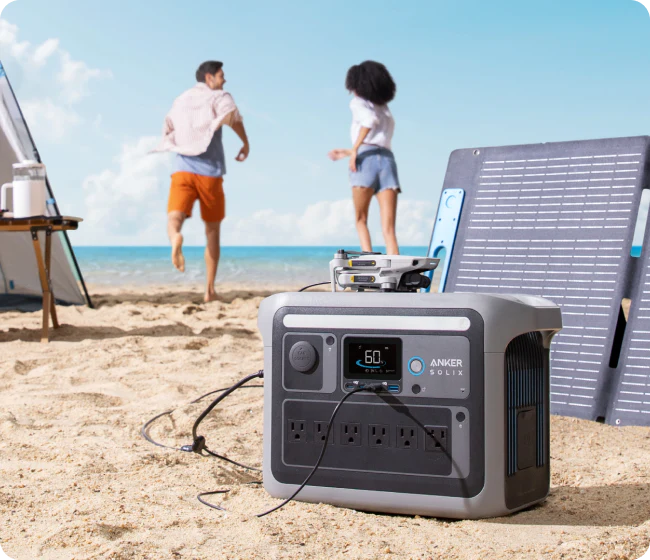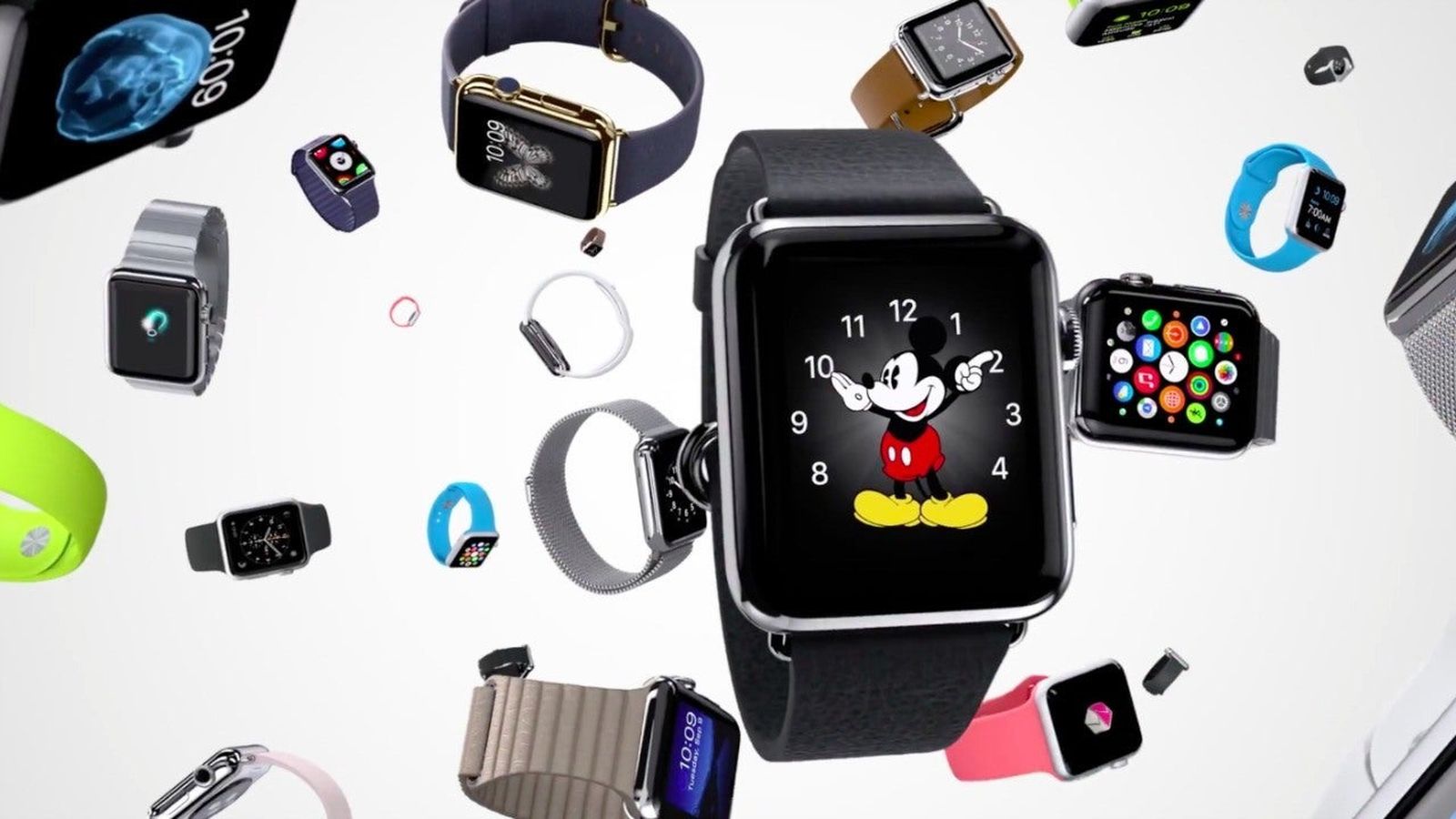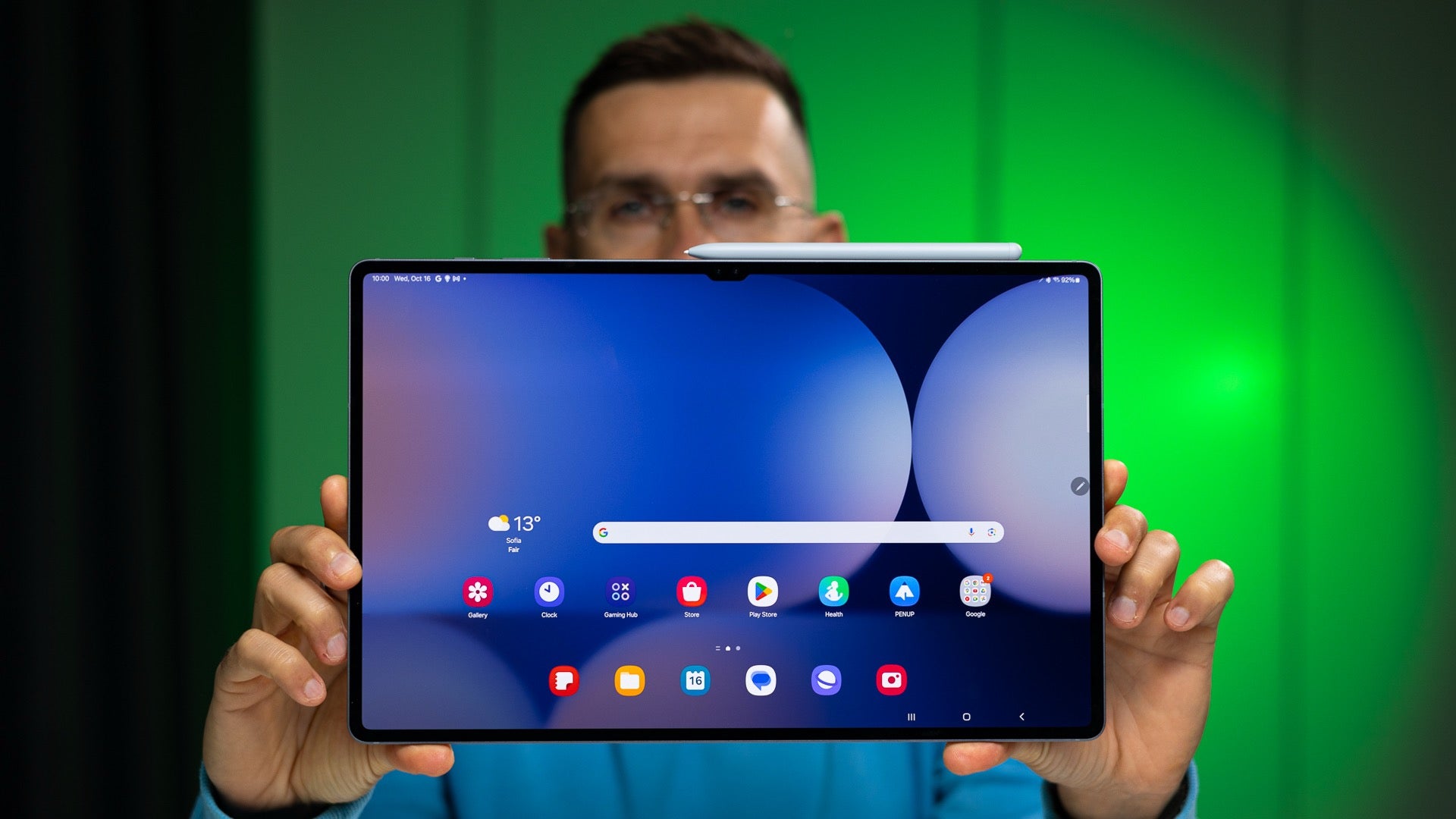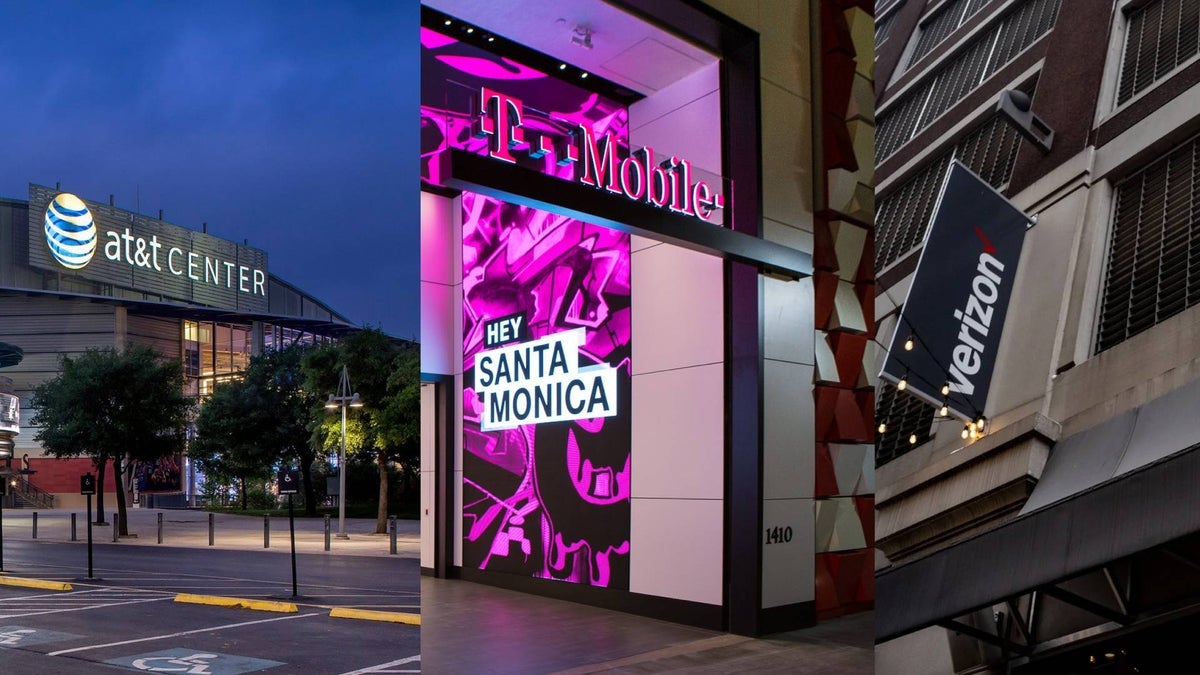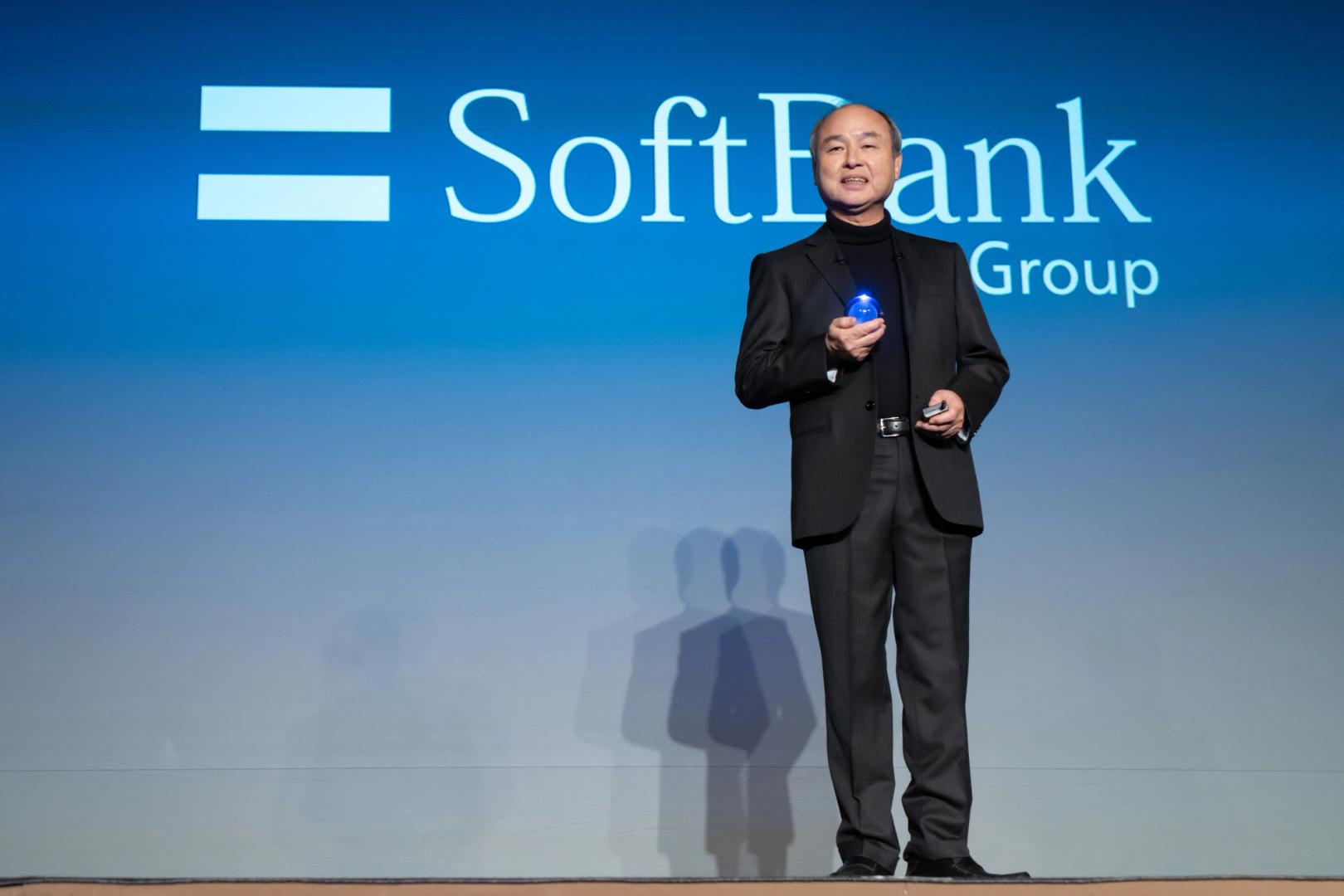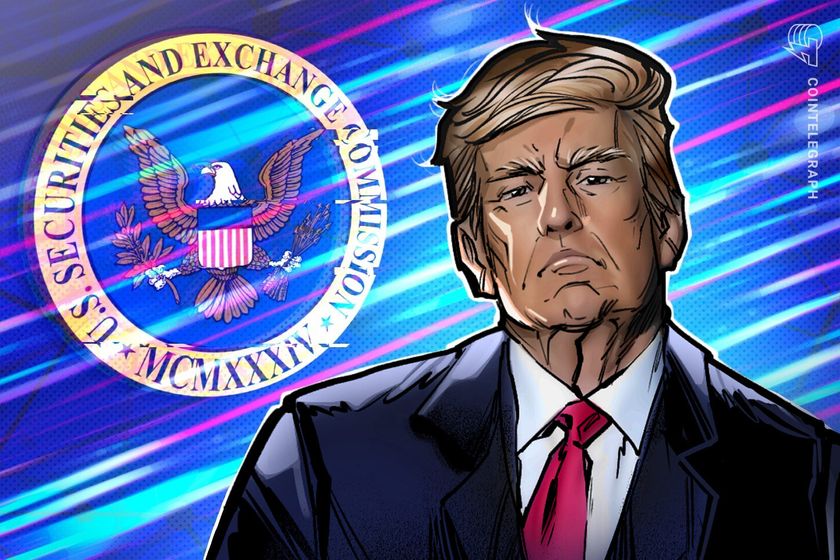Tech manufacturers are suspending US shipments amid tariff woes
As the Trump administration’s trade war oscillates, tech manufacturers are trying to deal with the unpredictable nature of an economy held hostage to a single man’s whims. But smaller, more niche businesses simply can’t deal with the uncertainty of prices that might double tomorrow—so they’re out, at least as far as shipping to customers in the US. The latest example is Keyboardio, a custom keyboard shop run by two people in California. Keyboardio specializes in the kind of gorgeous, wood-cased ergonomic designs that always draw crowds at keyboard meetups. But because essential parts like PCBs come from China, even if their wooden cases are sourced from American wood, both the standard tariffs and the crackdowns on de minimis shipping exceptions make it impossible to remain profitable for US sales, as the two explain in a lengthy blog post. The post was updated four times in three days in April to deal with the US and China’s dueling policies. But starting May 2nd, there will simply be no way to keep sales going while remaining profitable. Keyboardio announced (spotted by Tom’s Hardware) that it will “suspend all shipping to the United States until we’re confident that your orders will get to you quickly and reliably.” Keyboardio isn’t the first small gadget supplier to make this call, and it won’t be the last. Retro Dodo reports that Anbernic—a favorite of the exploding retro handheld emulation gadget scene—announced that it would be “suspending all orders shipping from China to the United States.” Stock currently available in American warehouses will be the last available to US residents until further notice. Bigger brands are feeling the pinch, too. Razer’s high-powered gaming laptops briefly disappeared from its ordering page earlier this month even as it was announcing new accessories, and Logitech’s mice and keyboards have jumped in price by up to 25 percent. Yesterday, logistics giant Hapag Lloyd says that among its customers, 30 percent have simply cancelled shipments originating from China and bound for the United States. The International Monetary Fund predicts a slowing impact to the broader global economy as companies try to account for the apparent self-sabotage of the United States buying public. Razer If you’d like to dig deeper into how the Trump tariffs are affecting both US businesses and technology buyers, Gamers Nexus has an exhaustive breakdown available on YouTube. Notably, PC case and component maker Hyte (who’s based in California) is shutting down all shipments to the US. Hyte broke down the component, manufacturing, and shipping cost of individual cases, explaining how and why simply shifting manufacturing to the United States is economically impossible. Cooler Master, Thermal Grizzly, Corsair, and CyberPowerPC all expressed similar woes, saying that the unpredictability of the tariff situation can lead to disaster. A shipment could leave port in China when the tariff rate is 20 percent but arrive when it’s 150 percent—and that alone can be so detrimental to the business that it directly results in employee layoffs. Larger companies can try to compensate with fewer products on offer shipped in bigger batches when the situation is less chaotic, but smaller companies will simply shut down sales in the US… or may be in danger of complete collapse altogether. The full video is almost three hours long, but absolutely worth watching if you’d like to see an incredibly detailed breakdown of how US companies are being clobbered by constantly-shifting policies that are beyond anyone’s ability to predict. The Trump administration has temporarily scaled back import tariffs from most countries to “just” 10 percent, a policy that would already have been considered a huge burden. Dozens of countries have indicated a willingness to bargain to avoid the more onerous tariffs announced earlier this year. But with China refusing to bow to Trump’s demands and several rounds of one-upmanship between the countries, the current rate on most Chinese imports to the United States is a staggering 145 percent. A television made in China and valued at $100 will be charged $145 to enter the country, effectively making its price $245. Apparently, reacting to panic in the tech industry specifically, the administration later scaled back the China tariffs on computers, computer components, smartphones, and some smaller parts to “only” 20 percent. Messaging on what counts and what doesn’t, and how long these and other policies will remain in place, is confused at best. The Trump administration claims that it is actively negotiating with China and that the tariff rate will go down substantially in the near future. Chinese officials have denied that active negotiations are occurring.

As the Trump administration’s trade war oscillates, tech manufacturers are trying to deal with the unpredictable nature of an economy held hostage to a single man’s whims. But smaller, more niche businesses simply can’t deal with the uncertainty of prices that might double tomorrow—so they’re out, at least as far as shipping to customers in the US.
The latest example is Keyboardio, a custom keyboard shop run by two people in California. Keyboardio specializes in the kind of gorgeous, wood-cased ergonomic designs that always draw crowds at keyboard meetups. But because essential parts like PCBs come from China, even if their wooden cases are sourced from American wood, both the standard tariffs and the crackdowns on de minimis shipping exceptions make it impossible to remain profitable for US sales, as the two explain in a lengthy blog post. The post was updated four times in three days in April to deal with the US and China’s dueling policies.
But starting May 2nd, there will simply be no way to keep sales going while remaining profitable. Keyboardio announced (spotted by Tom’s Hardware) that it will “suspend all shipping to the United States until we’re confident that your orders will get to you quickly and reliably.”
Keyboardio isn’t the first small gadget supplier to make this call, and it won’t be the last. Retro Dodo reports that Anbernic—a favorite of the exploding retro handheld emulation gadget scene—announced that it would be “suspending all orders shipping from China to the United States.” Stock currently available in American warehouses will be the last available to US residents until further notice.
Bigger brands are feeling the pinch, too. Razer’s high-powered gaming laptops briefly disappeared from its ordering page earlier this month even as it was announcing new accessories, and Logitech’s mice and keyboards have jumped in price by up to 25 percent. Yesterday, logistics giant Hapag Lloyd says that among its customers, 30 percent have simply cancelled shipments originating from China and bound for the United States. The International Monetary Fund predicts a slowing impact to the broader global economy as companies try to account for the apparent self-sabotage of the United States buying public.
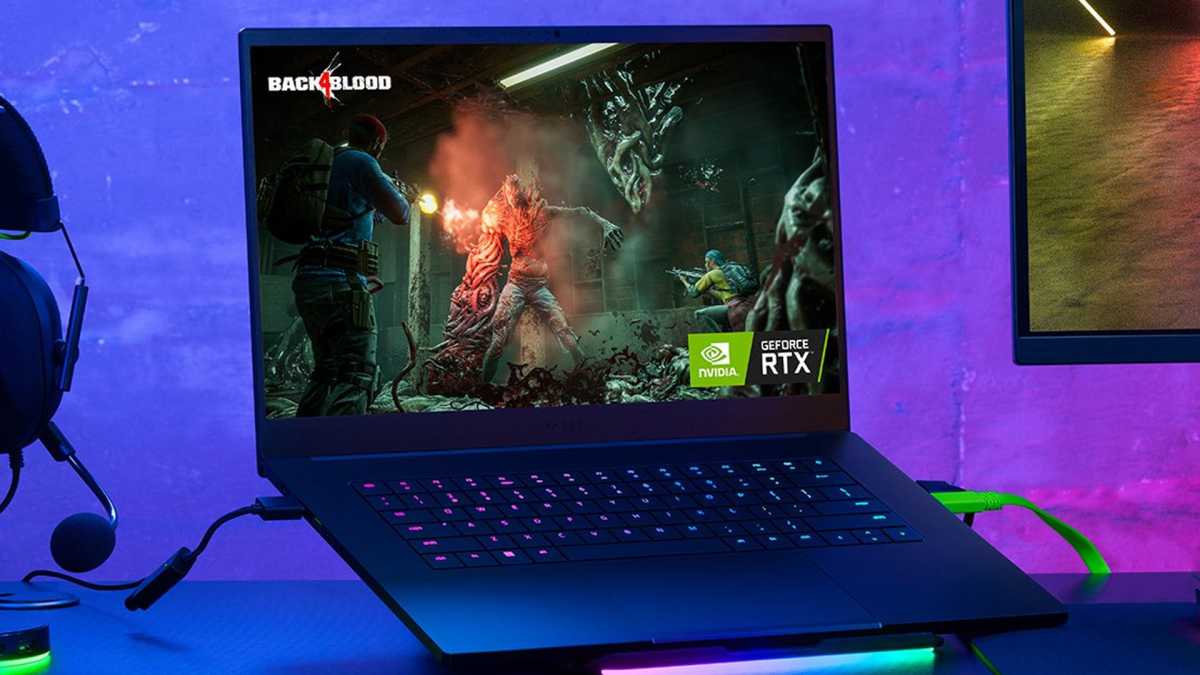
Razer
If you’d like to dig deeper into how the Trump tariffs are affecting both US businesses and technology buyers, Gamers Nexus has an exhaustive breakdown available on YouTube. Notably, PC case and component maker Hyte (who’s based in California) is shutting down all shipments to the US. Hyte broke down the component, manufacturing, and shipping cost of individual cases, explaining how and why simply shifting manufacturing to the United States is economically impossible.
Cooler Master, Thermal Grizzly, Corsair, and CyberPowerPC all expressed similar woes, saying that the unpredictability of the tariff situation can lead to disaster. A shipment could leave port in China when the tariff rate is 20 percent but arrive when it’s 150 percent—and that alone can be so detrimental to the business that it directly results in employee layoffs. Larger companies can try to compensate with fewer products on offer shipped in bigger batches when the situation is less chaotic, but smaller companies will simply shut down sales in the US… or may be in danger of complete collapse altogether.
The full video is almost three hours long, but absolutely worth watching if you’d like to see an incredibly detailed breakdown of how US companies are being clobbered by constantly-shifting policies that are beyond anyone’s ability to predict.
The Trump administration has temporarily scaled back import tariffs from most countries to “just” 10 percent, a policy that would already have been considered a huge burden. Dozens of countries have indicated a willingness to bargain to avoid the more onerous tariffs announced earlier this year. But with China refusing to bow to Trump’s demands and several rounds of one-upmanship between the countries, the current rate on most Chinese imports to the United States is a staggering 145 percent. A television made in China and valued at $100 will be charged $145 to enter the country, effectively making its price $245.
Apparently, reacting to panic in the tech industry specifically, the administration later scaled back the China tariffs on computers, computer components, smartphones, and some smaller parts to “only” 20 percent. Messaging on what counts and what doesn’t, and how long these and other policies will remain in place, is confused at best.
The Trump administration claims that it is actively negotiating with China and that the tariff rate will go down substantially in the near future. Chinese officials have denied that active negotiations are occurring.










































































































































































![[The AI Show Episode 144]: ChatGPT’s New Memory, Shopify CEO’s Leaked “AI First” Memo, Google Cloud Next Releases, o3 and o4-mini Coming Soon & Llama 4’s Rocky Launch](https://www.marketingaiinstitute.com/hubfs/ep%20144%20cover.png)

































































































































![[DEALS] Sterling Stock Picker: Lifetime Subscription (85% off) & Other Deals Up To 98% Off – Offers End Soon!](https://www.javacodegeeks.com/wp-content/uploads/2012/12/jcg-logo.jpg)















































































































































_NicoElNino_Alamy.png?width=1280&auto=webp&quality=80&disable=upscale#)
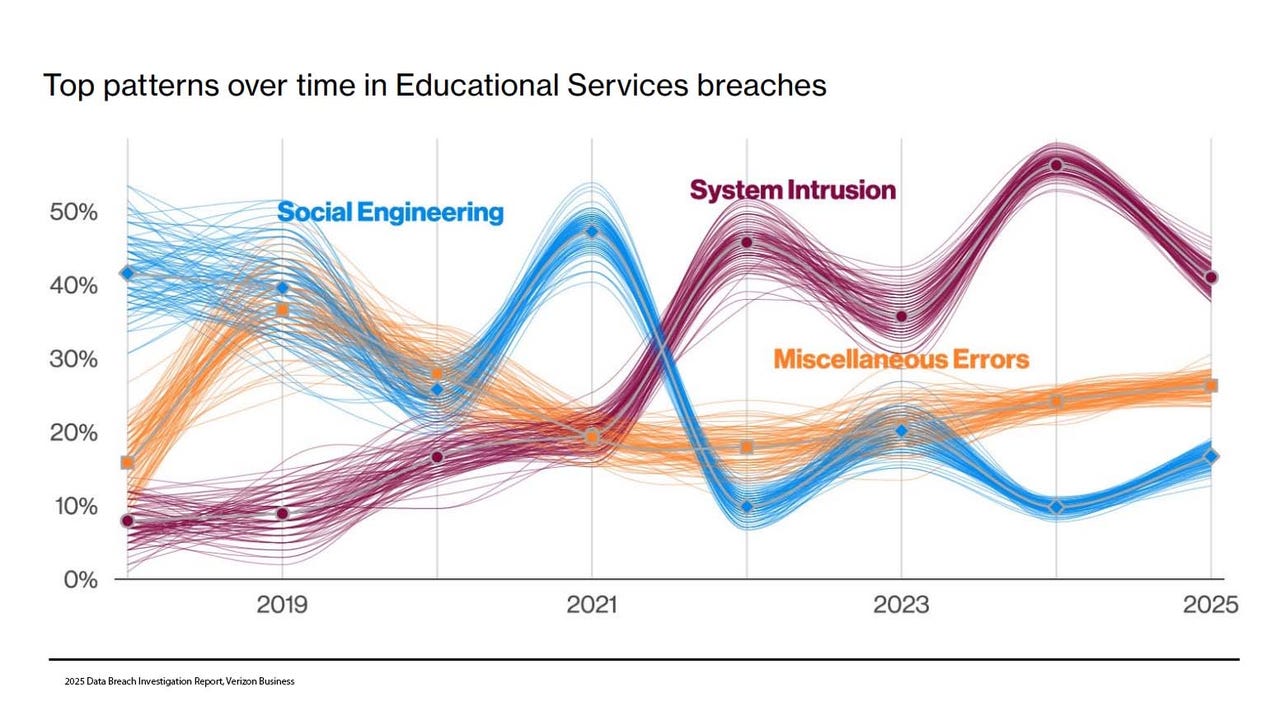
_Olekcii_Mach_Alamy.jpg?width=1280&auto=webp&quality=80&disable=upscale#)





































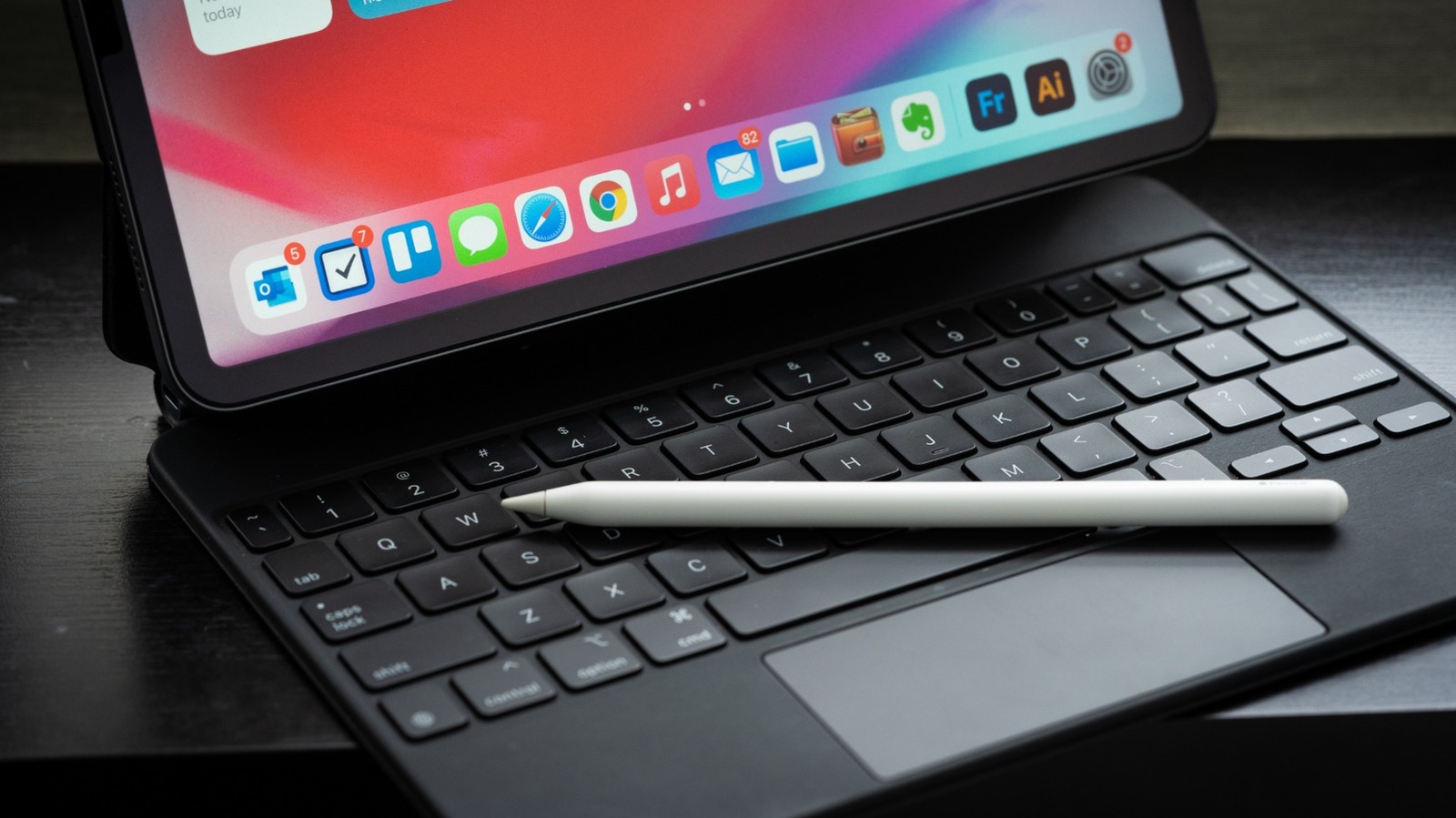






































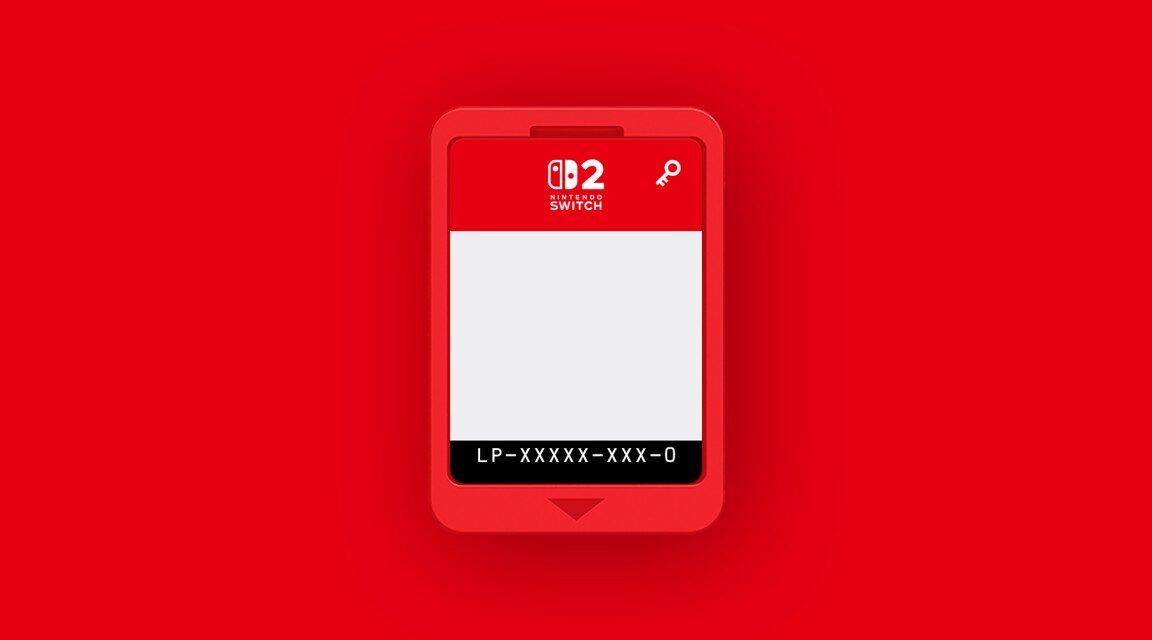





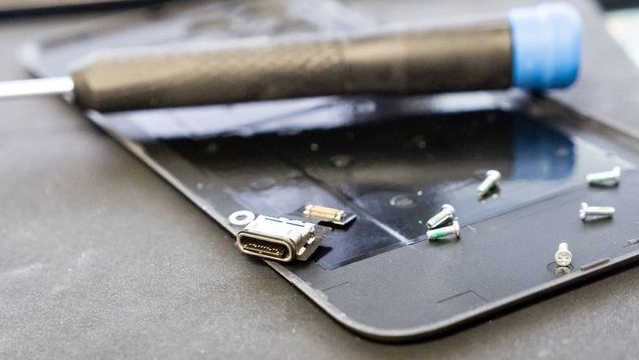
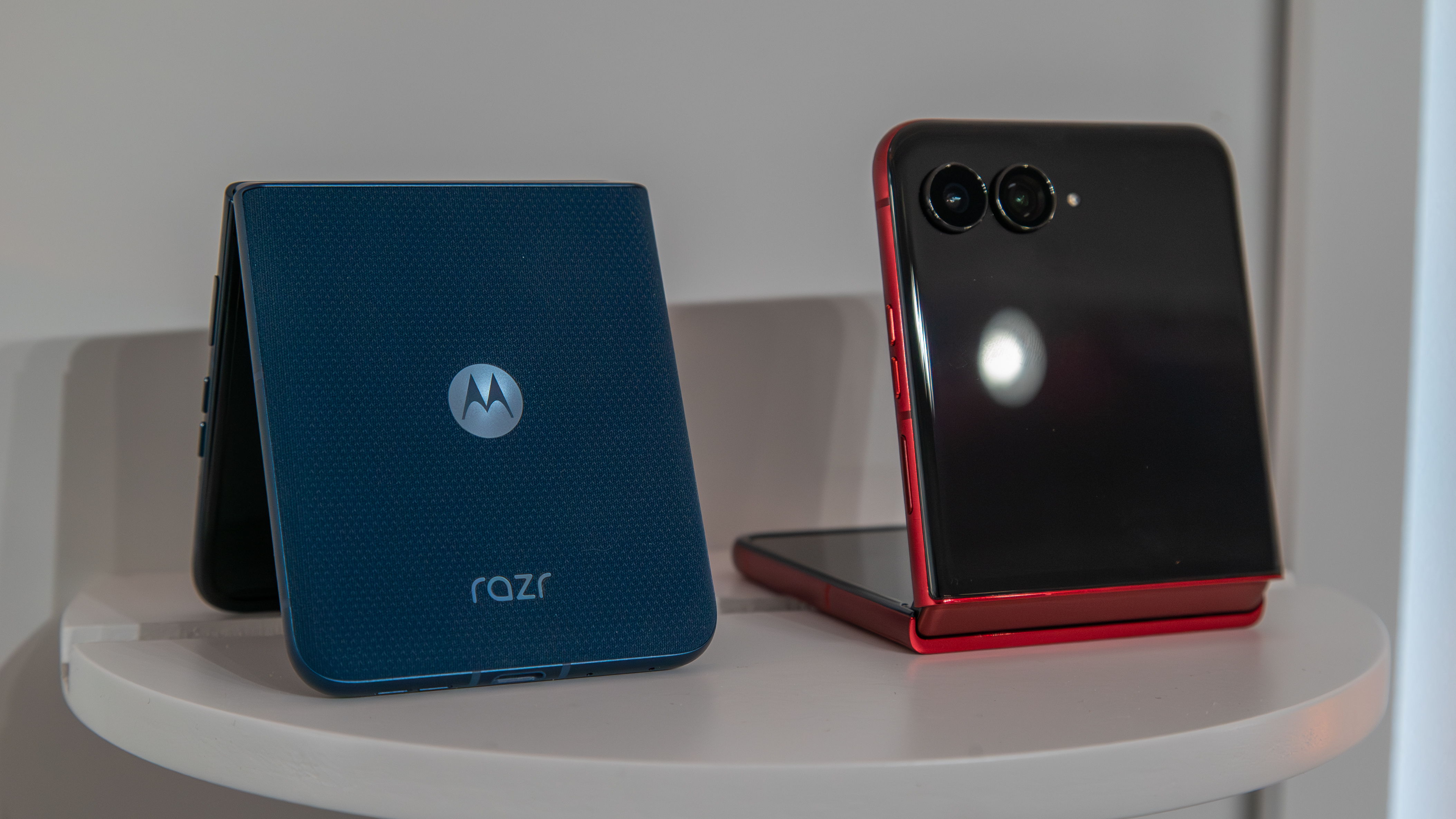


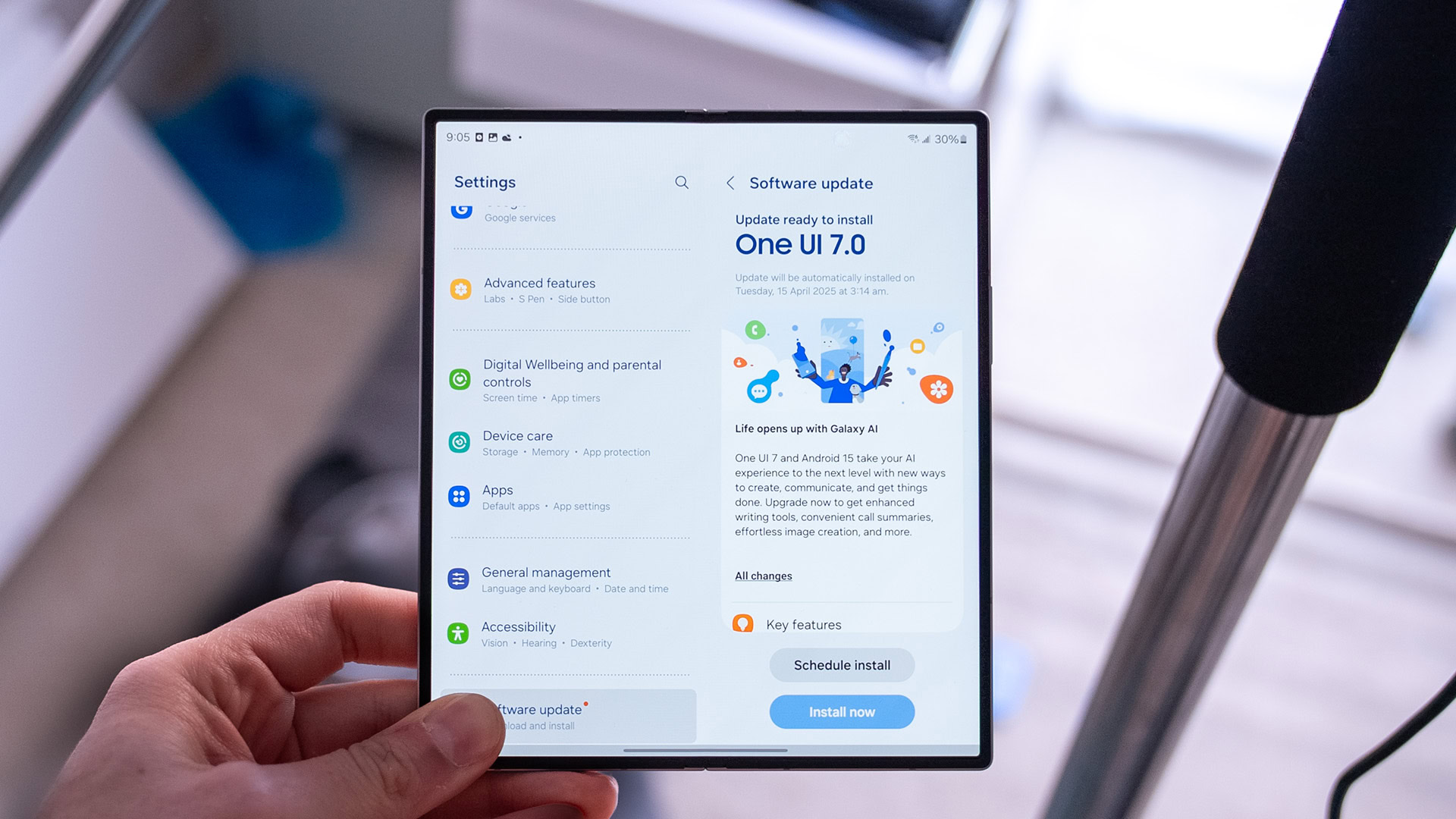

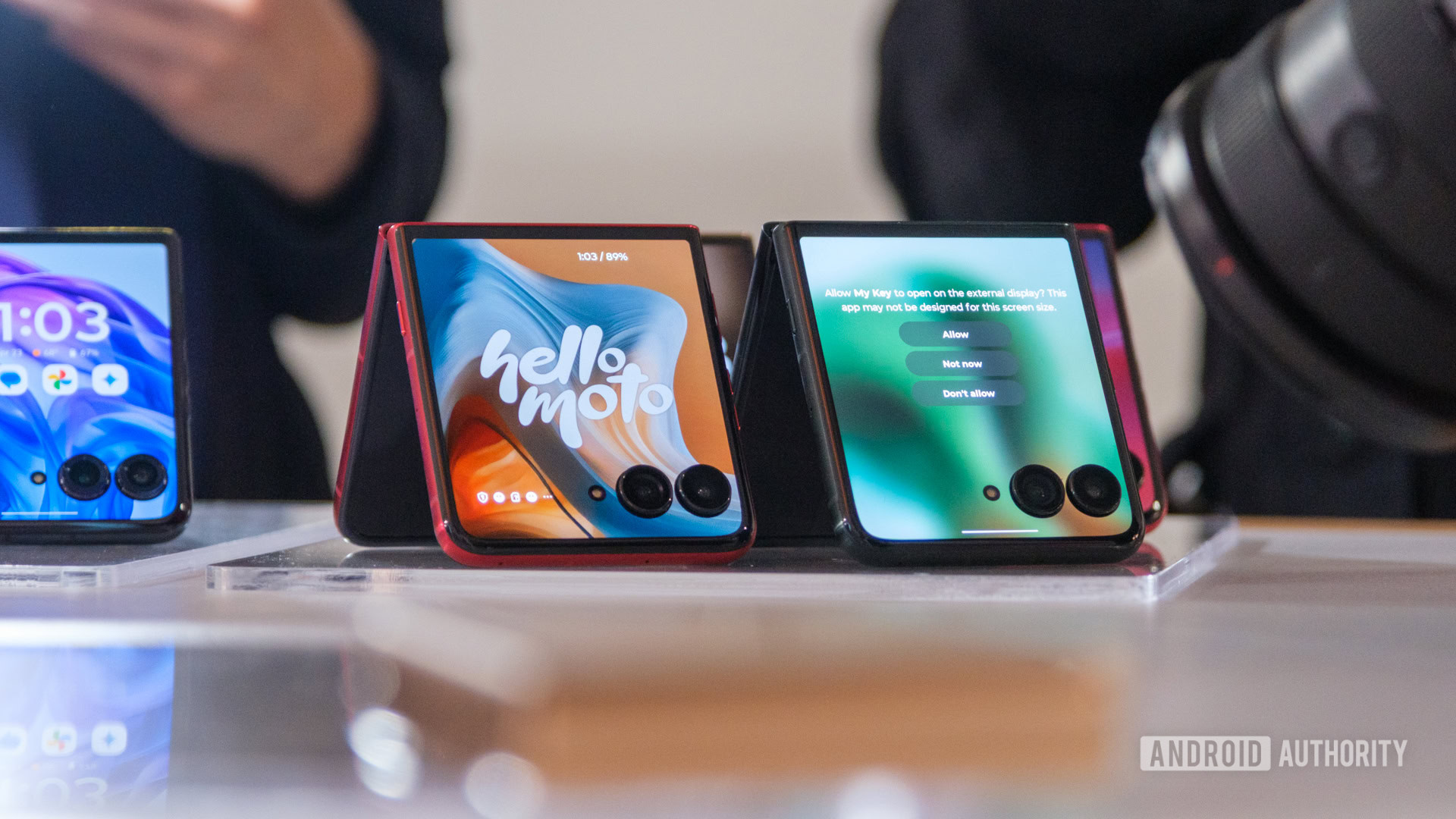


















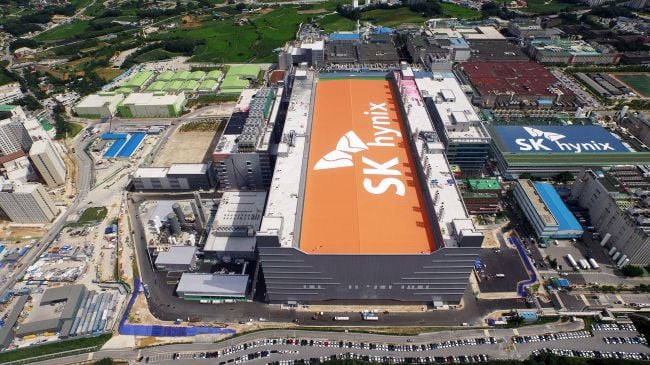

![Apple Shares New Ad for iPhone 16: 'Trust Issues' [Video]](https://www.iclarified.com/images/news/97125/97125/97125-640.jpg)

![At Least Three iPhone 17 Models to Feature 12GB RAM [Kuo]](https://www.iclarified.com/images/news/97122/97122/97122-640.jpg)
















